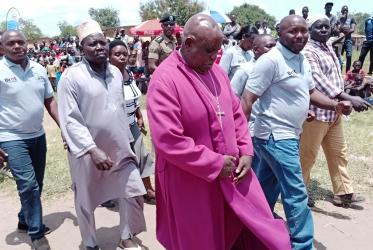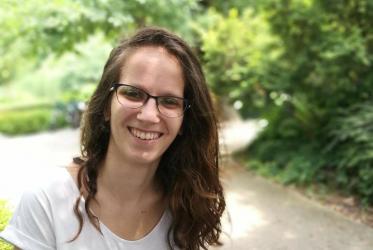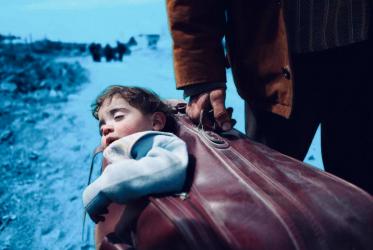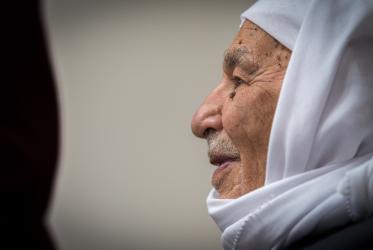Displaying 81 - 100 of 276
10 October 2019
Religious leaders from South Sudan cherish those who host refugees
23 September 2019
Dealing with traumas and healing of wounds
04 June 2019
With continuous presence and just peace at heart
25 April 2019
Shabbat dinner ‘helps humanize two sides of the story’
27 March 2019
Church in Bali empowers youth to break cycle of poverty
18 March 2019
A faith-based, holistic approach to HIV and AIDS-care
13 March 2019
Faith and HIV treatment go hand in hand
06 March 2019
Turning mercy and compassion into action
04 March 2019
On the journey to HIV – bridging gaps, debunking myths
21 February 2019













